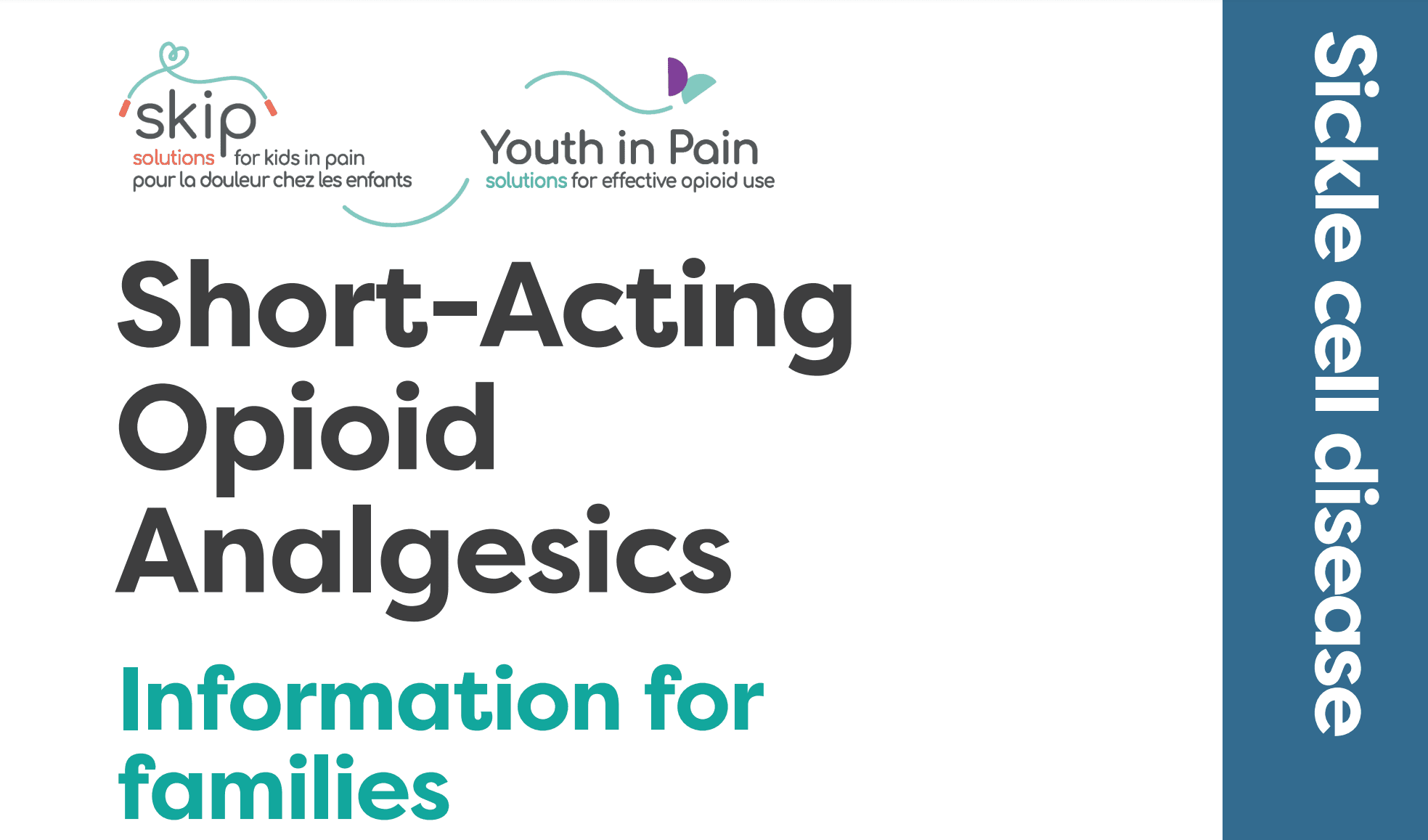Lanre Tunji-Ajayi, Soji Jemitola, Maame Darkwa, Madeleine Verhovsek, Melanie Kirby-Allen, Suzan Williams, Jennifer Bryan
There is published evidence in several countries, including Canada, that patients with sickle cell disease (SCD) may receive disproportionally inadequate treatment or care in a hospital setting. Hospital visits, including emergency department visits, are a common component of health care for individuals impacted by sickle cell disease. Ensuring that patients have access to timely interventions from physicians is critical due to the risk of life-threatening complications. Approximately 58.3% of individuals with sickle cell disease in Canada, or 3500 people, reside in Ontario. This study sought to gather deeper insights on patient perspectives of care received and to identify areas that could be targeted for improvement.
An online survey was created via Survey Monkey and disseminated. 2500 patients and caregivers across Ontario were informed of the study via the Sickle Cell Awareness Group of Ontario (SCAGO) Newsletter mailing, postings of the study on the Sickle Cell Awareness Group of Ontario WhatsApp forum, posting at community health centers with sickle cell programs, and notification via other sickle cell organizations in Ontario.
From July 2019 to February 2020, participants were able to submit their health care experiences via the online survey. Results were summarized descriptively.
A total of 66 responses were collected. For the 46 survey questions, the number of responses ranged from 10 to 66. Participants reported on experiences at 15 hospitals in Ontario. Respondents were 18 to 64 years of age. Twelve participants completed the survey on behalf of patients under the age of 18. 76% (16/21) participants reported on emergency department experiences. 86% (18/21) of the reports were regarding care for pain management. With respect to waiting times over 1 hour, 31% reported waiting greater than 1 hour for nurse contact (5/16), 56% for physician contact (10/18), 50% for medication administration (8/16). 60% (9/15) reported the first person encountered at triage was respectful, empathetic, and caring. 22% of respondents felt some form of stigmatization or fear of dying during their hospital experience (4/18). 44% of respondents felt loneliness or helplessness during the hospital visit (7/16). 29% of respondents reported that the health care provider was extremely or very responsive to their concerns (5/17), 47% that the health care provider was somewhat responsive to their concerns (8/17), 24% that the care provider was not responsive to their concerns (4/17). 60% of respondents reported that the health care providers were very or extremely knowledgeable (6/10), 30% of respondents reported the health care providers were somewhat knowledgeable (3/10), and 10% reported the health care provider as not all knowledgeable (1/10). 54% of respondents (22/41) reported that the quality of care received was below expectations, 34% (14/41) reported that the quality of care received met expectations and 12% (5/41) reported that the quality of care exceeded expectations.
Articles







